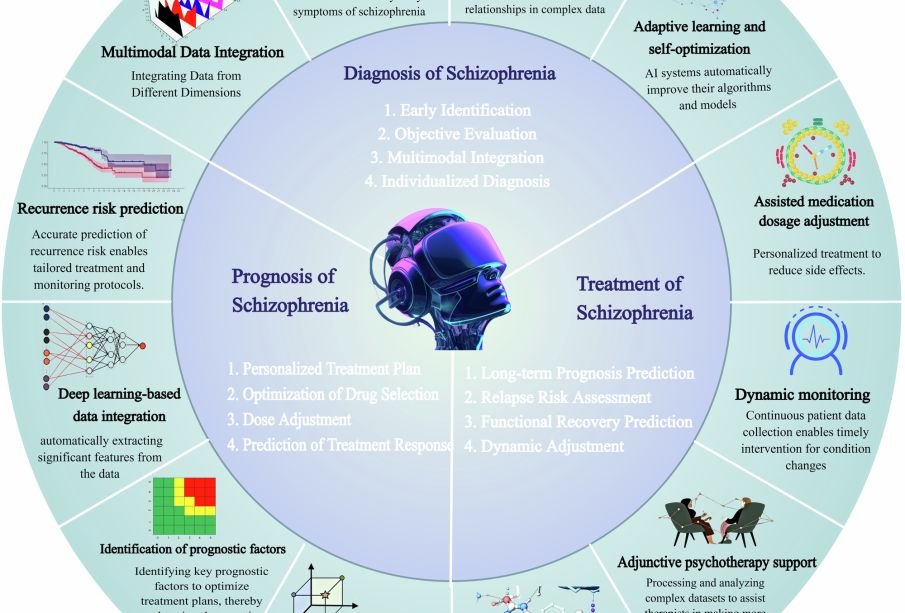The Emerging Concern of AI Psychosis

Introduction
The intersection of artificial intelligence (AI) and mental health has become a crucial topic in today’s technologically driven society. AI psychosis refers to a condition where individuals experience distorted perceptions of reality influenced by AI technologies. With the rapid integration of AI into our daily lives, understanding its implications for mental health is more important than ever.
Defining AI Psychosis
AI psychosis encompasses various phenomena where individuals might confuse AI-generated content with real-world events or develop paranoid delusions revolving around AI’s influence. This can manifest in behaviours such as obsessive checking of social media platforms or reliance on AI-driven tools to validate personal experiences, leading to anxieties about authenticity and reality.
Real-World Incidents
Recent studies have reported a rise in anxiety and paranoia among users heavily engaged with social media and AI technologies. For example, a survey by the Digital Society Index found that over 34% of participants reported feelings of anxiety tied to misinformation propagated online, with many feeling disturbed by persuasive AI-generated deepfakes. Significant case studies highlight individuals disturbing psychotic breaks, where they believed that AI was constantly monitoring and manipulating their decisions.
The Role of Misinformation
The spread of misinformation, exacerbated by AI algorithms, can contribute to an environment ripe for anxiety and confusion. Algorithms designed to capture user attention often promote sensational content, leading users to question their surroundings and their understanding of reality. This can cultivate distrust in genuine interactions and a reliance on AI for validation, triggering a cycle of dependence that heightens feelings of isolation and self-doubt.
Possible Solutions
As concerns regarding AI psychosis grow, mental health professionals advocate for increased awareness and education regarding AI technologies. Promoting digital literacy can empower users to discern accurate information from misleading AI-generated content. Furthermore, encouraging open conversations about the effects of these technologies can help mitigate negative mental health impacts. Innovative therapeutic approaches combining technology with mental health strategies may help individuals navigate the perils of an AI-influenced reality.
Conclusion
AI psychosis represents a burgeoning challenge in an age where technology increasingly shapes our perceptions of reality. As AI continues to evolve and become more integrated into everyday life, understanding its potential psychological impacts is essential. Society must take proactive steps to foster mental health awareness while promoting responsible use of AI technologies. By fostering an informed public and creating supportive structures, the risks associated with AI psychosis can be effectively mitigated, ensuring that technology enhances rather than endangers our mental well-being.








